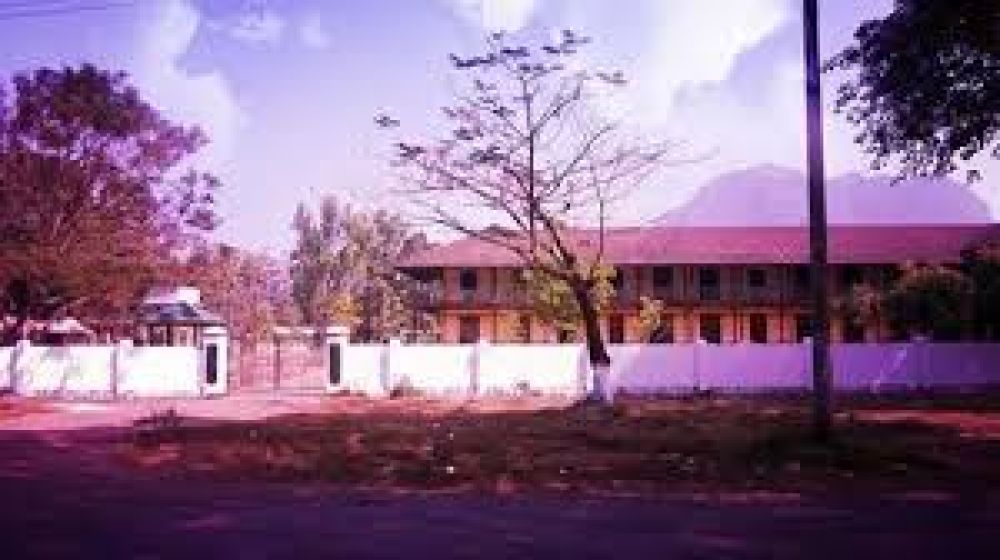

Eindu Village, located in the Hpa-An District of Kayin State, Myanmar (Burma), is not widely known as a mainstream tourist destination. However, it is an area of remarkable natural beauty and cultural significance. While the history of tourism in Eindu Village is relatively short, it has been growing steadily as travelers seek out more authentic and off-the-beaten-path experiences.
Tourism in Eindu Village can be traced back to the early 2000s when Myanmar began opening up to international travelers. Initially, Hpa-An and its surrounding areas, including Eindu Village, attracted a small number of adventurous backpackers and culture enthusiasts drawn to the region's untouched landscapes and the opportunity to interact with local communities.
The growth in tourism can be accredited to Myanmar's relatively undiscovered status and the unique appeal of regions such as Kayin State. Visitors are particularly drawn to the serene rural life and picturesque surroundings. The majestic limestone mountains, caves, and rivers near Eindu Village offer ample opportunities for hiking, caving, and boat trips, which have significantly boosted interest in the area.
Local communities in Eindu Village and conservation groups have recognized the importance of sustainable tourism. Efforts have been made to develop tourism practices that preserve the area's natural and cultural heritage. This has resulted in community-based tourism initiatives that not only provide a source of income for the villagers but also ensure that tourists leave a minimal environmental footprint.
Despite its potential, tourism in Eindu Village has faced challenges, including limited infrastructure and political uncertainties in Myanmar. Nonetheless, the local authorities and tourism operators continue to develop and promote Eindu Village as a destination, focusing on creating a balance between increasing tourist numbers and maintaining sustainability.
The latest trend in tourism in Eindu Village, as of recent years, is the rise of experiential travel. Tourists are looking for authentic experiences, such as participating in traditional Kayin weaving workshops, learning about local agriculture, or staying in community-owned guesthouses. The emphasis is on making a genuine connection with the local culture and supporting the regional economy.
The future of tourism in Eindu Village seems optimistic. With continuous promotion of responsible tourism and the unique selling points of pristine nature and rich cultural interactions, Eindu Village is likely to grow as a niche destination for those wishing to discover the less traveled parts of Myanmar.
Visitors who make the journey to Eindu Village will not only witness the stunning landscapes of Hpa-An but will also contribute to the livelihood of the local communities. Eindu’s tourism story may have begun only a couple of decades ago, but it’s on a path to becoming a significant chapter in the wider narrative of Myanmar's travel industry.